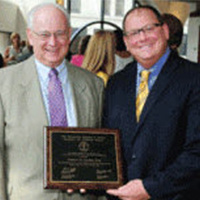 Crittenden DUI-DWI Lawyers, New York
Crittenden DUI-DWI Lawyers, New York
Sponsored Law Firm
-
 x
x

Click For More Info:
-
Keches Law Group
122 Dean Street Taunton, MA 02780» view mapSocial Security, Personal Injury, Workers Comp. Protecting Your Rights
Our team of experienced personal injury attorneys has over 130 years of combined experience representing individuals and families injured due to the negligence of others.
800-713-8650
Sponsored Lawyers
1-2 of 2 matches
Criminal, DUI-DWI, Felony, Accident & Injury, Personal Injury
Personal injury and criminal law is a complex collection of ever-changing legislation and case law. Many of those injured by a third party's negligence and/or facing allegations of criminal offenses may not understand their rights or how their lives will be impacted. Without the help of a knowledgeable lawyer, your rights could be prejudiced. As an attorney with more than 25 years of experience, I understand the critical nature of staying up-to-date with the changes to state and federal law. As your lawyer, I will uncover the details of your case, answer your questions, and help you build a tough strategy to battle the legal challenges you face. I can also help you navigate your way through New York’s complex legal system. Talk to me first before making any decision that could have legal implications.
(more)


 Sean Flaherty Taunton, MA
Sean Flaherty Taunton, MA AboutKeches Law Group
AboutKeches Law Group Practice AreasExpertise
Practice AreasExpertise

